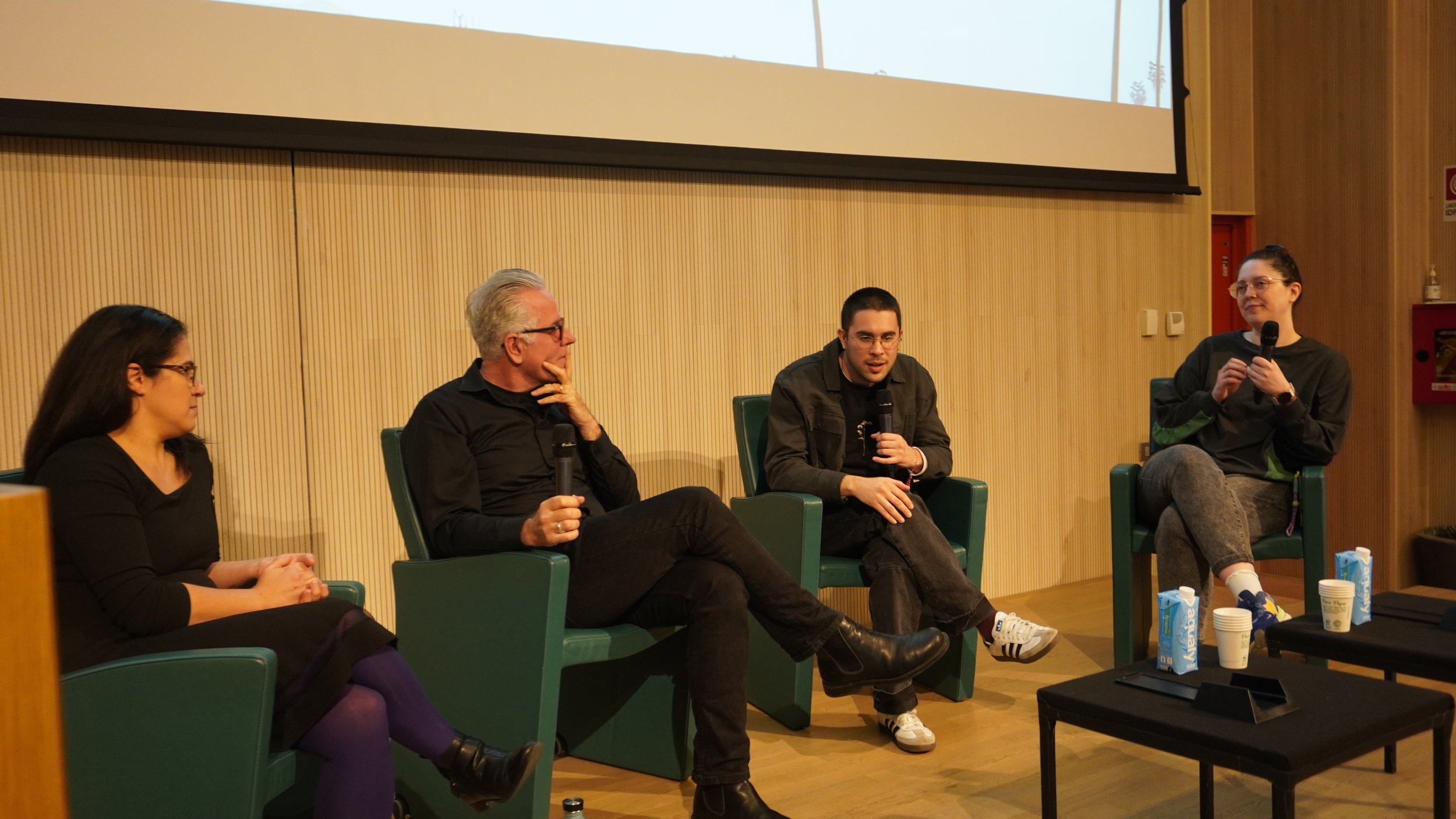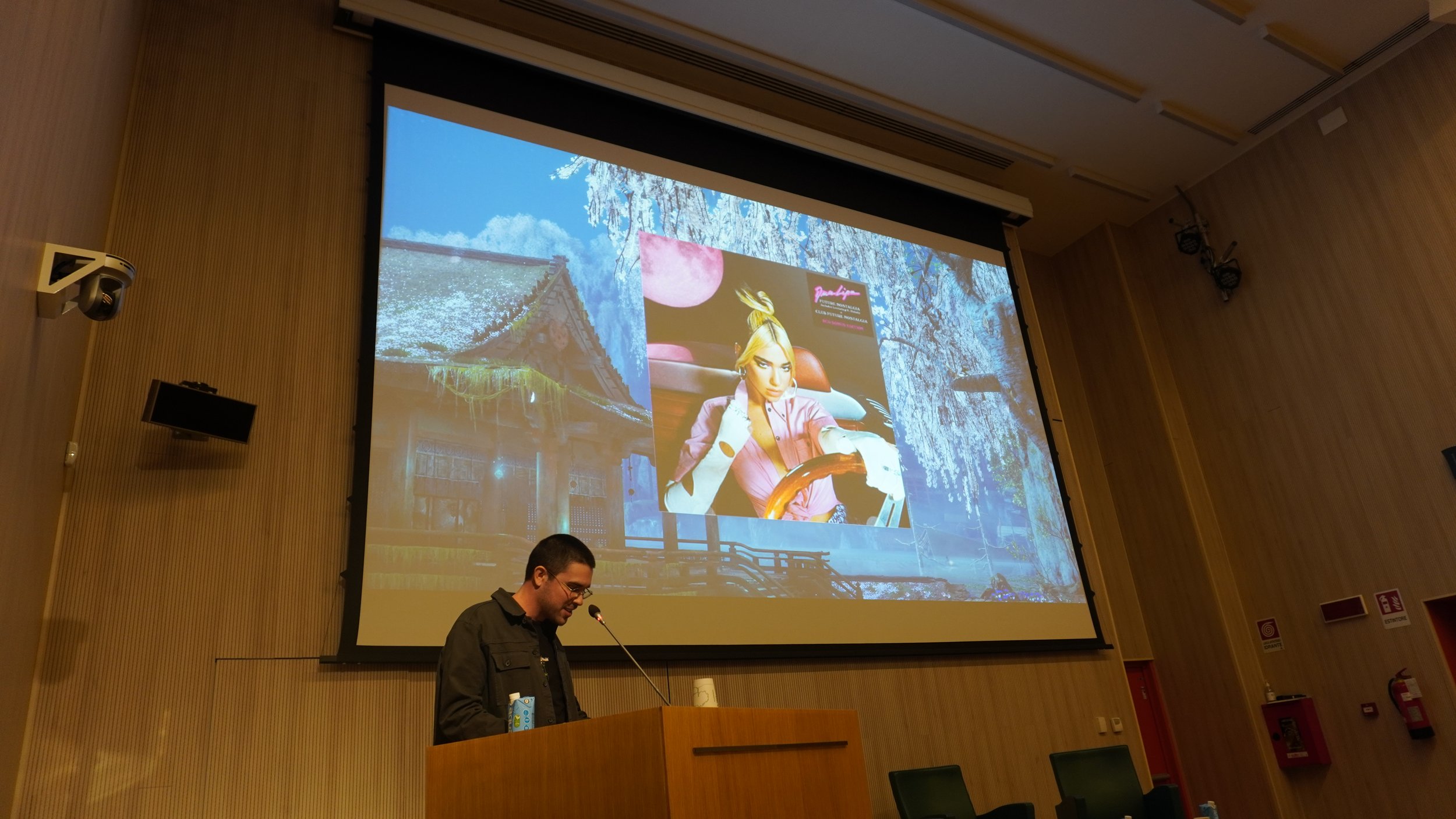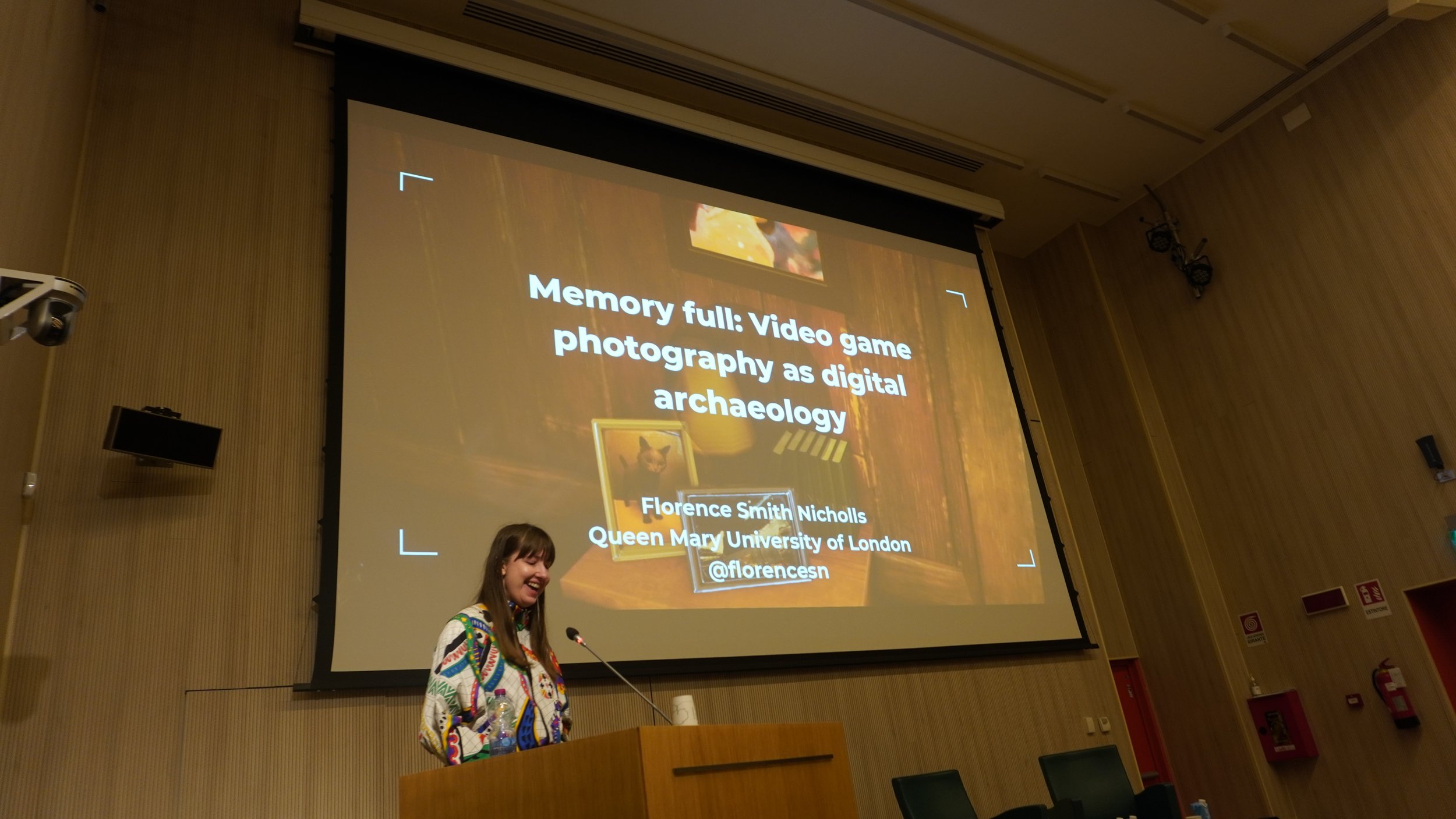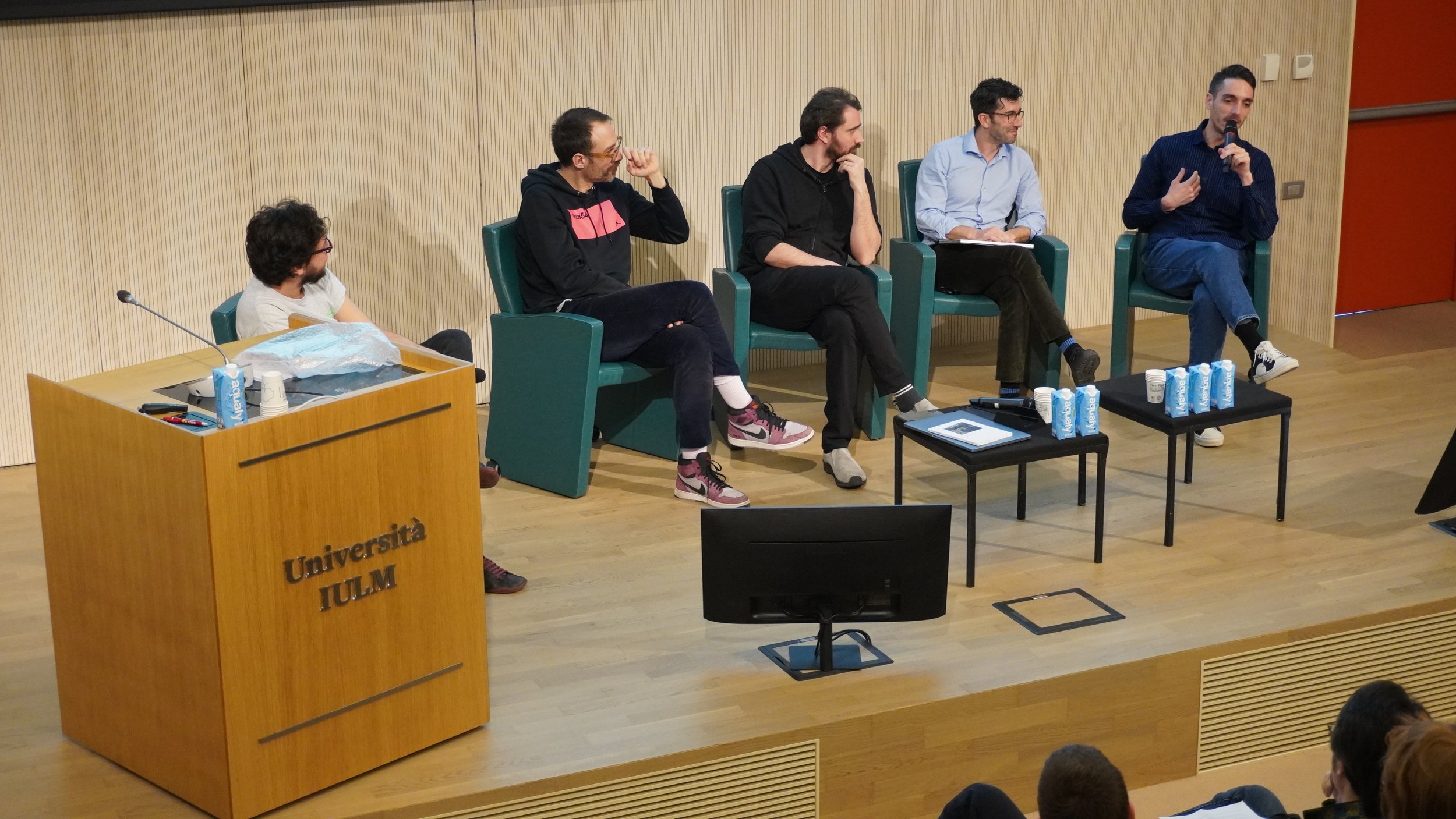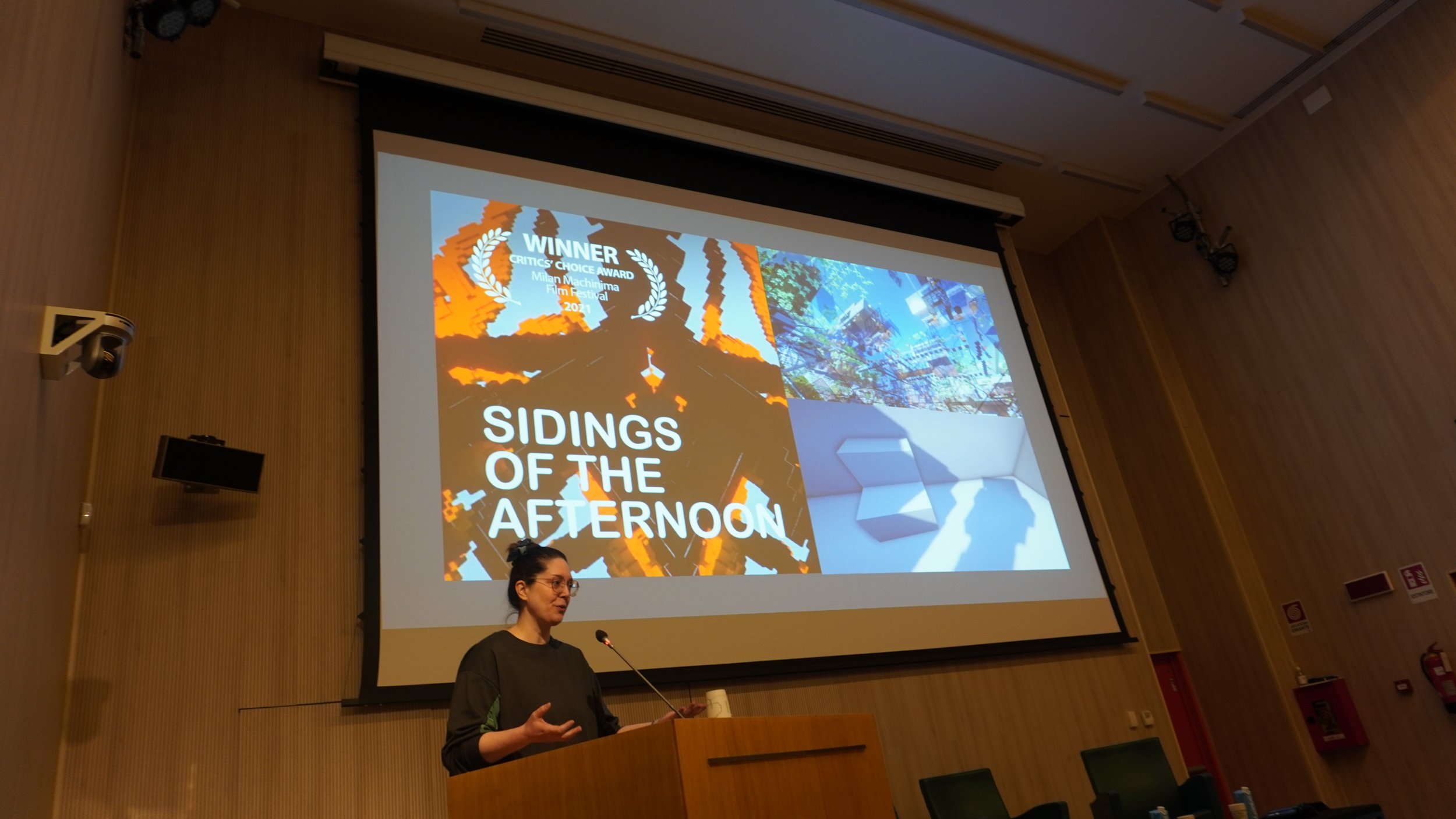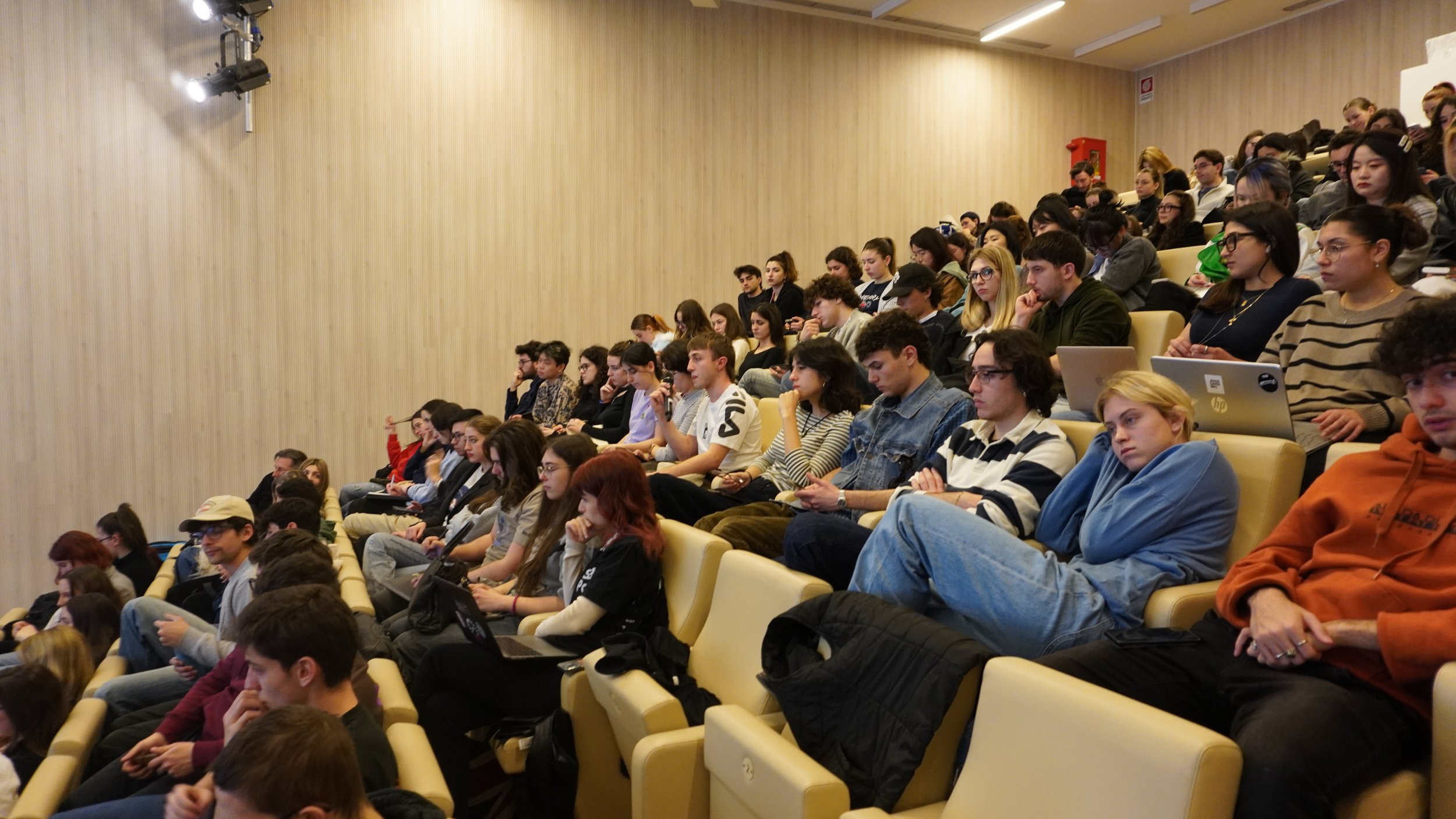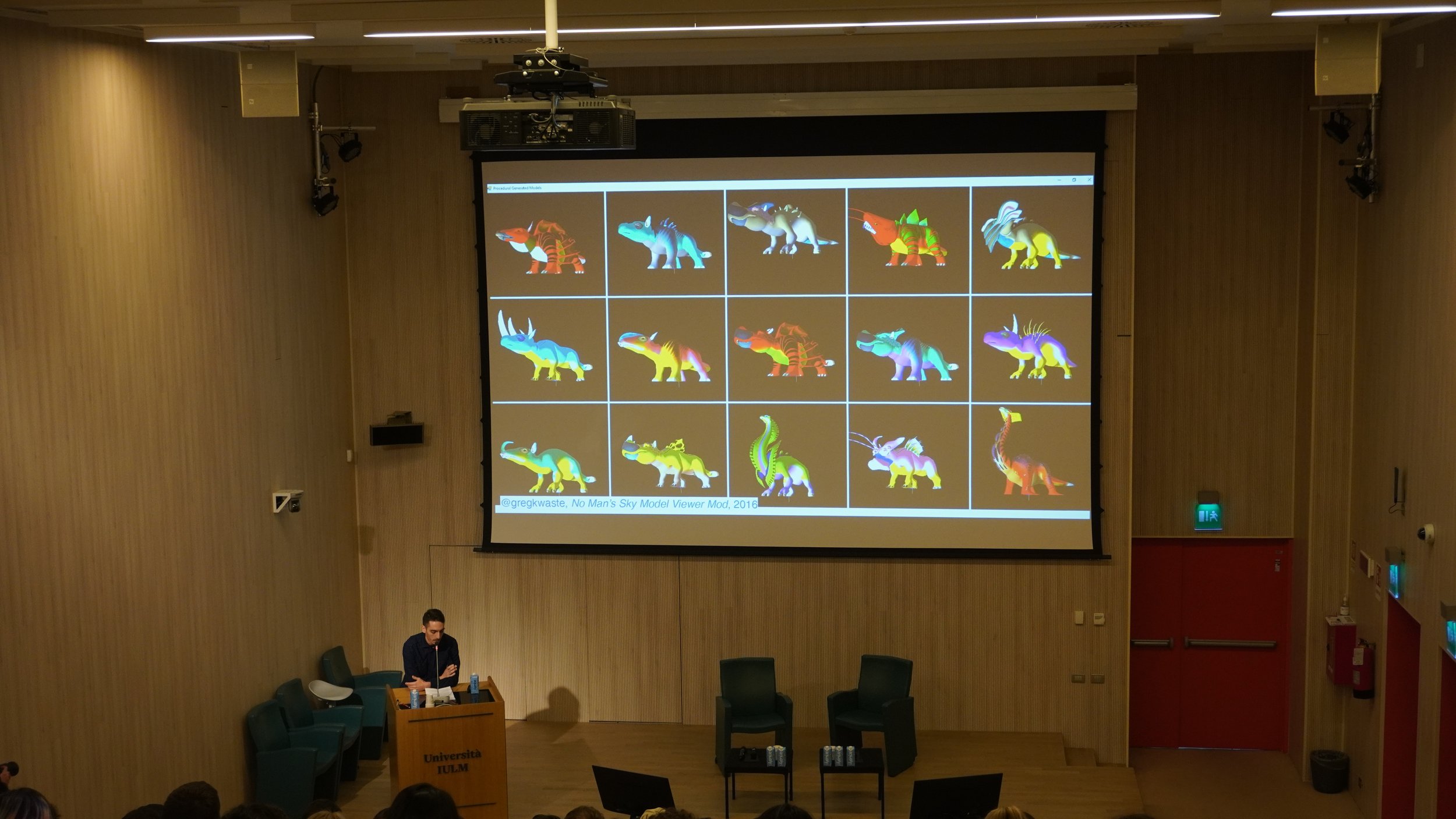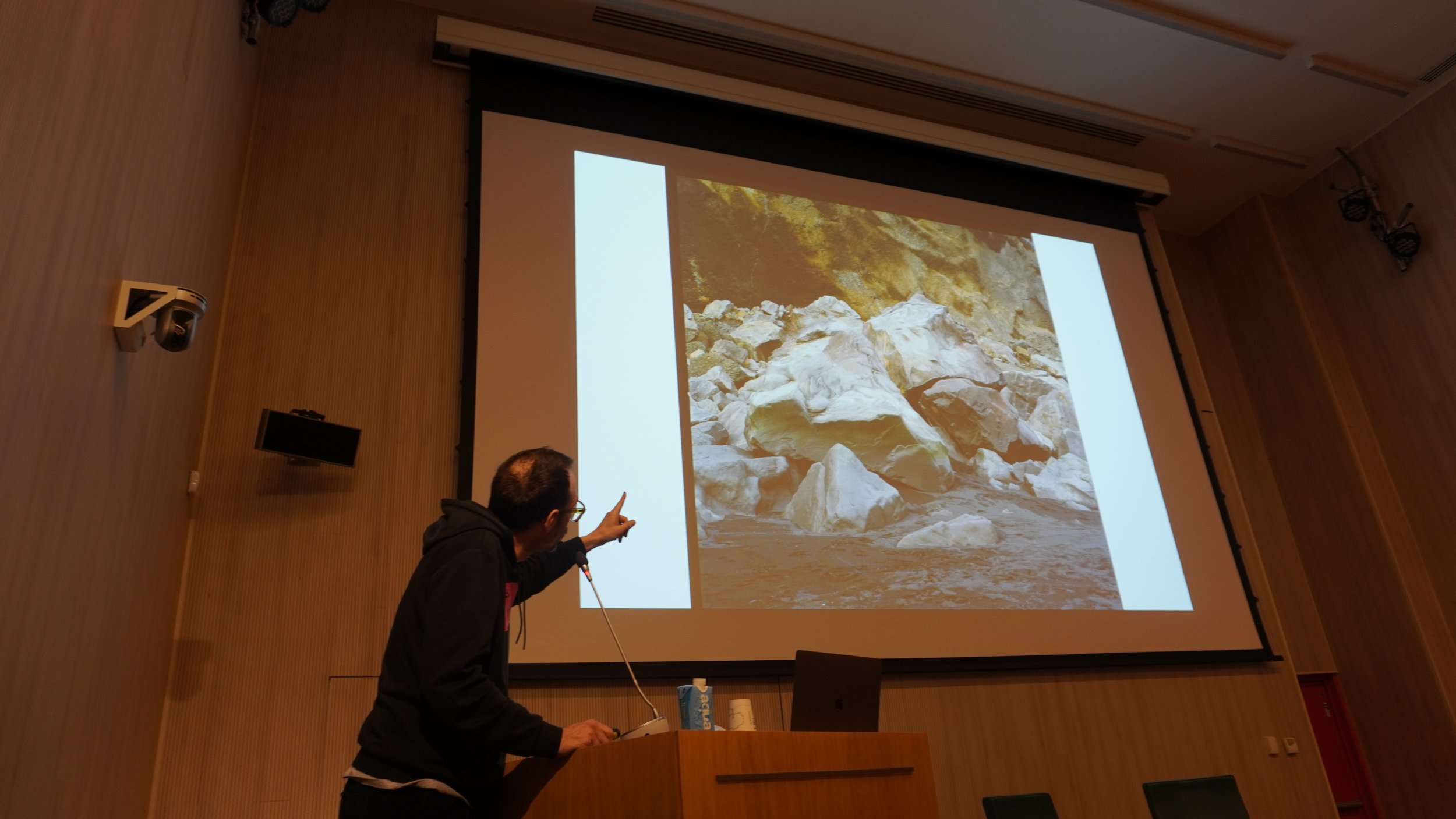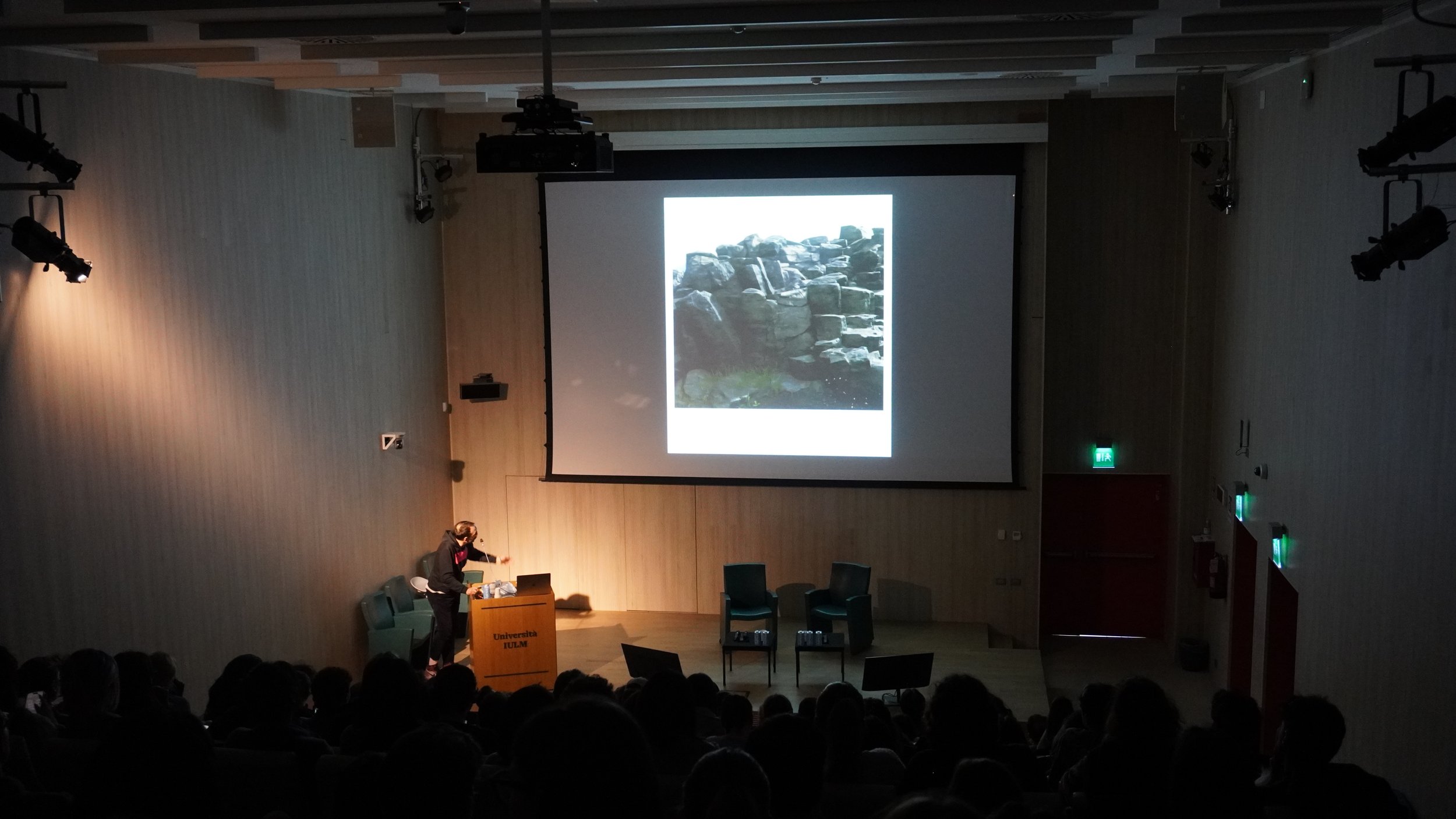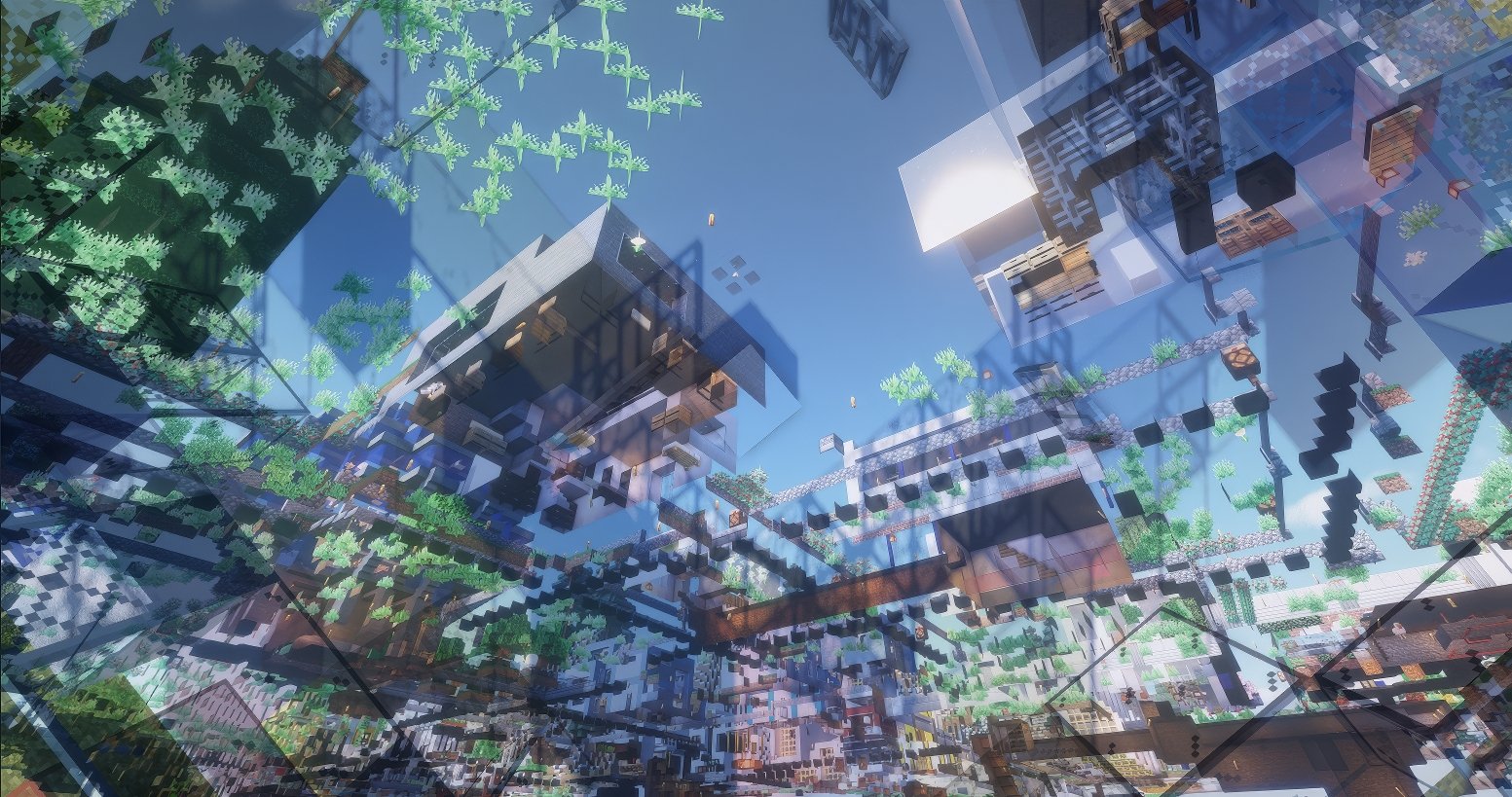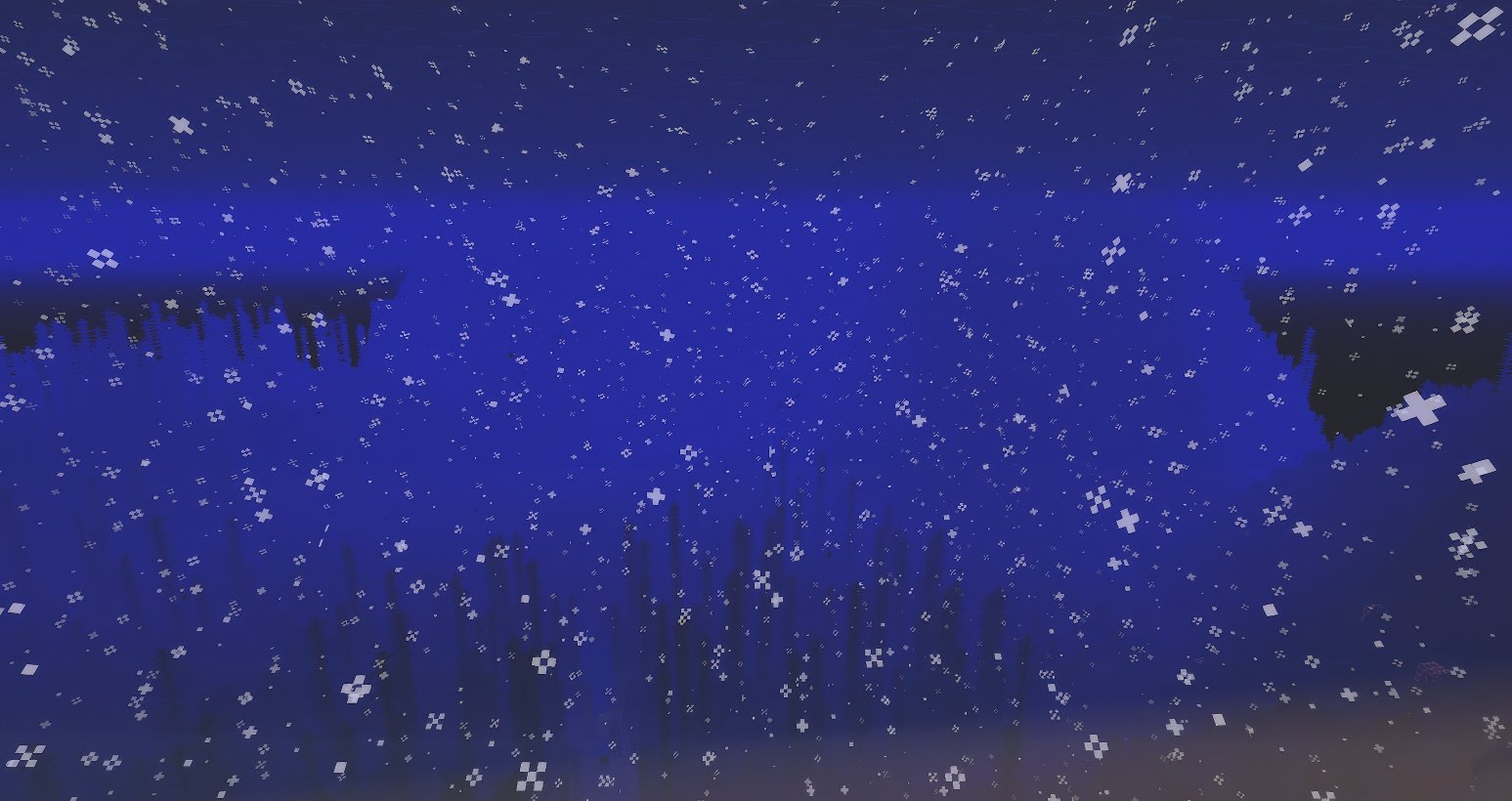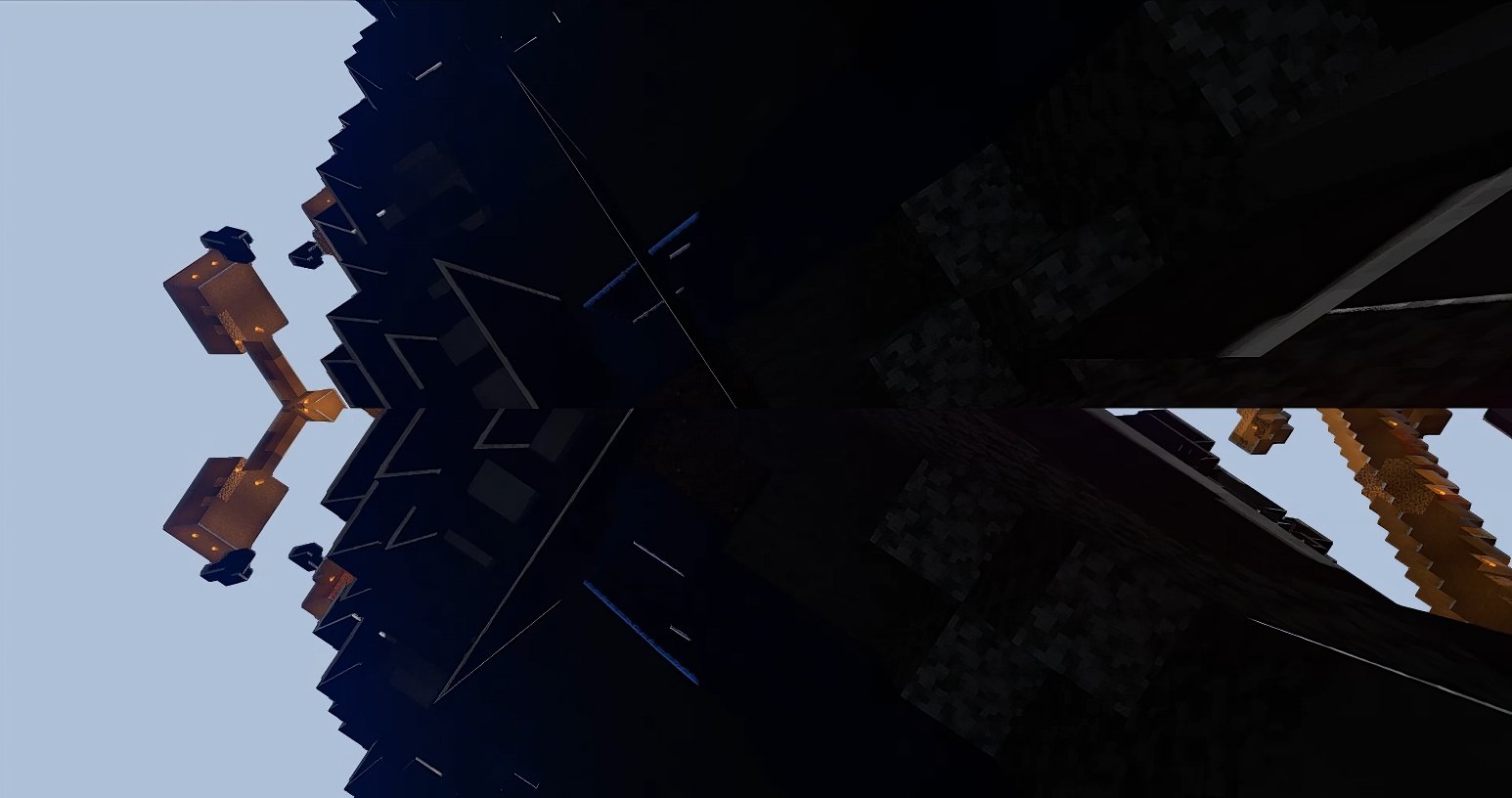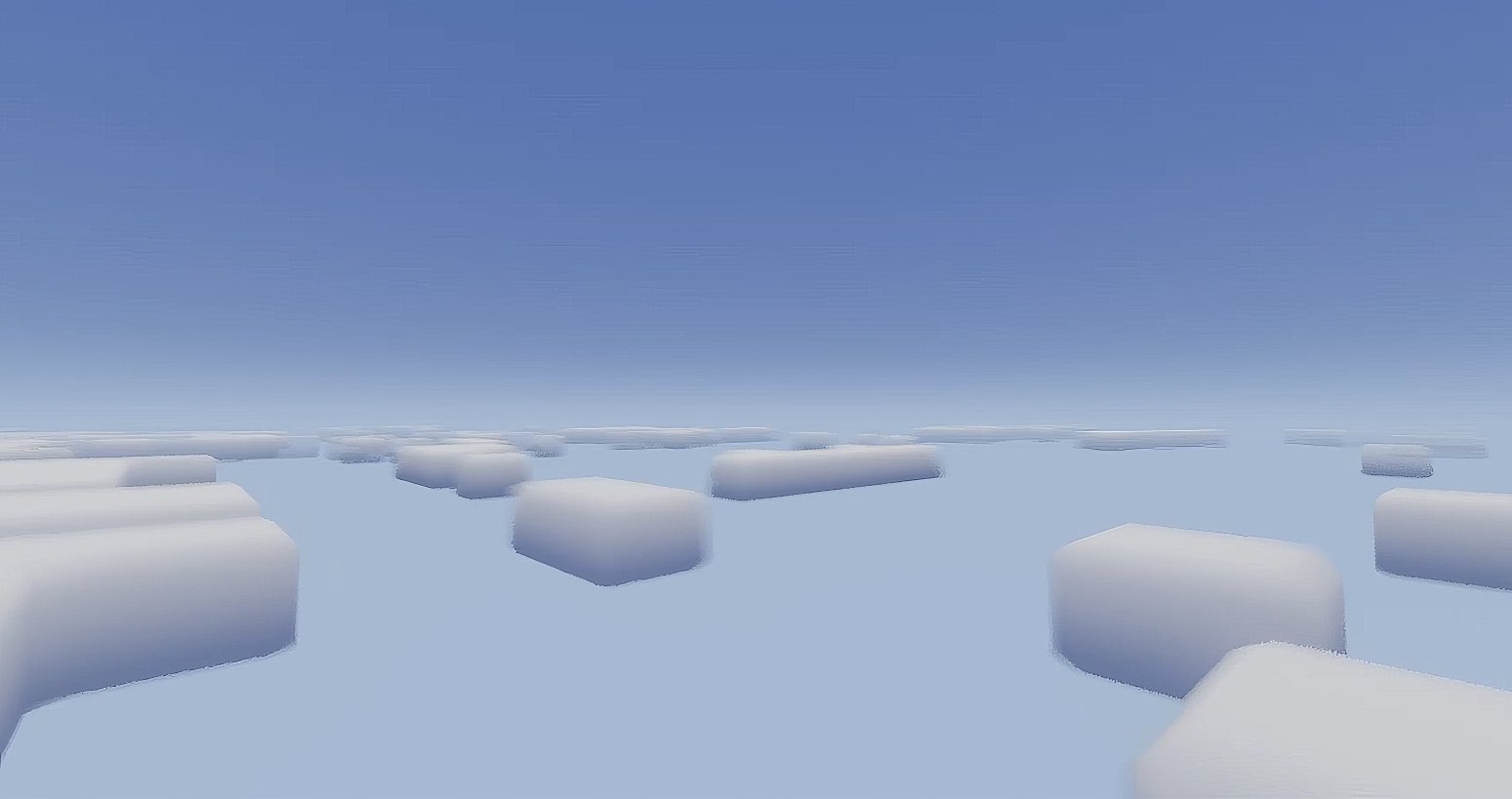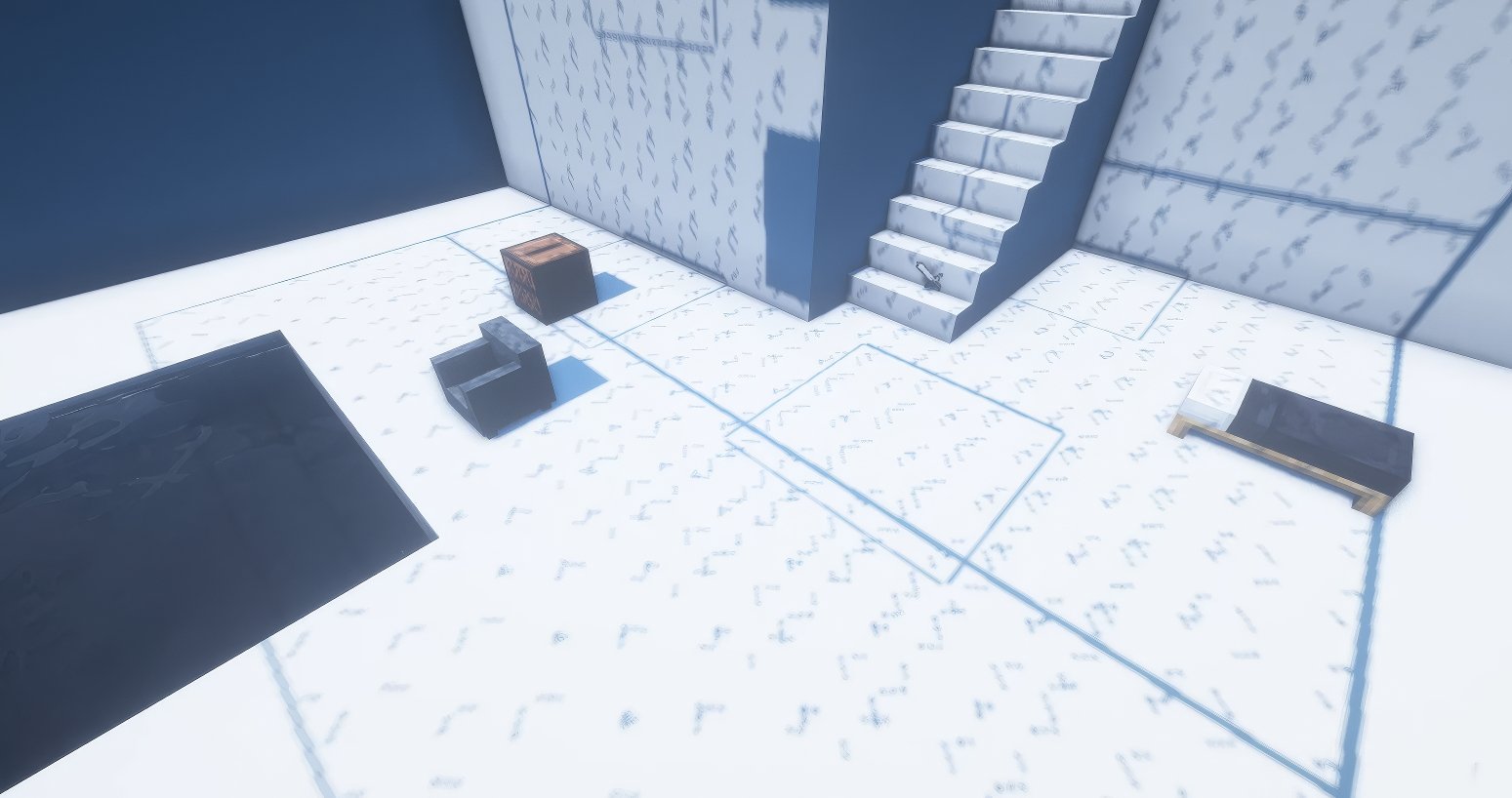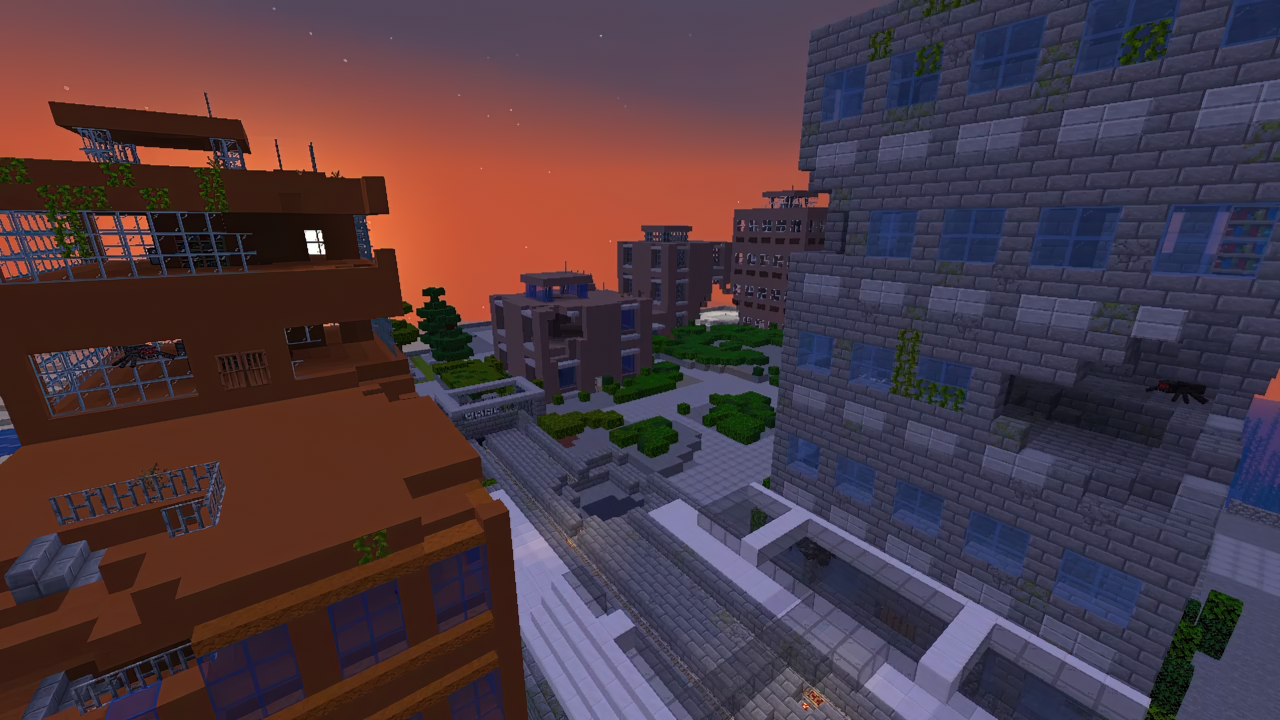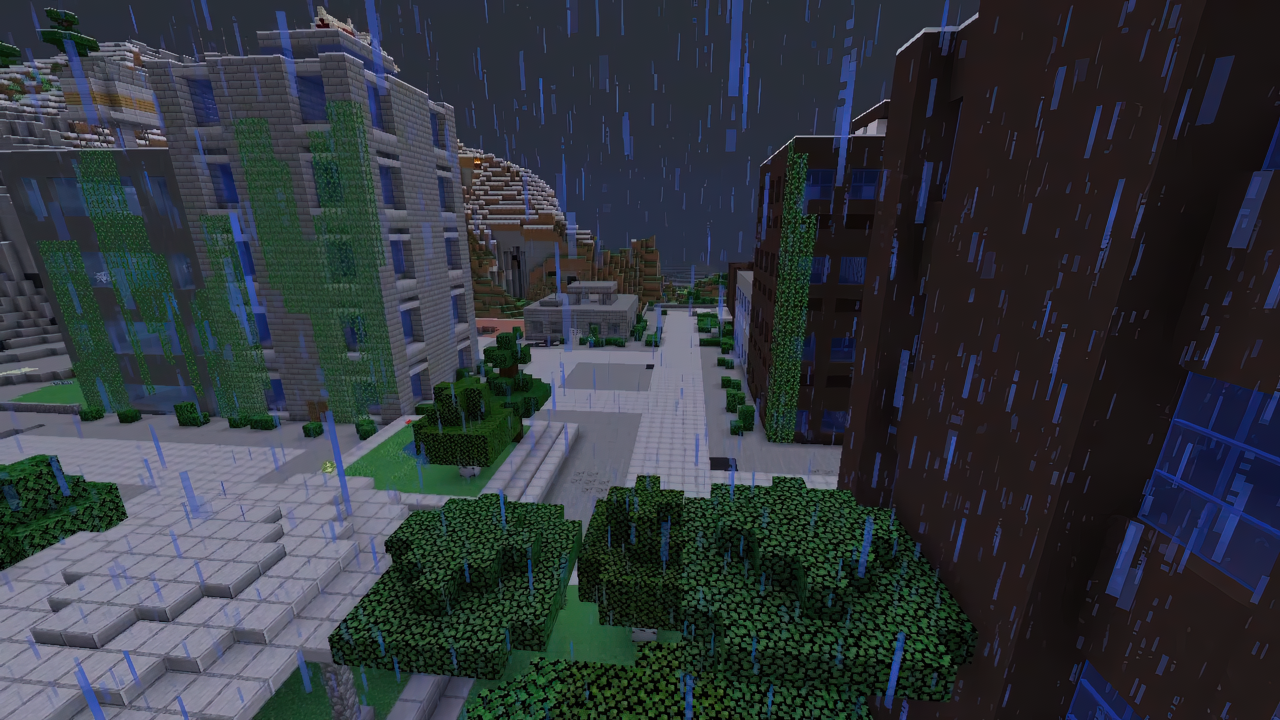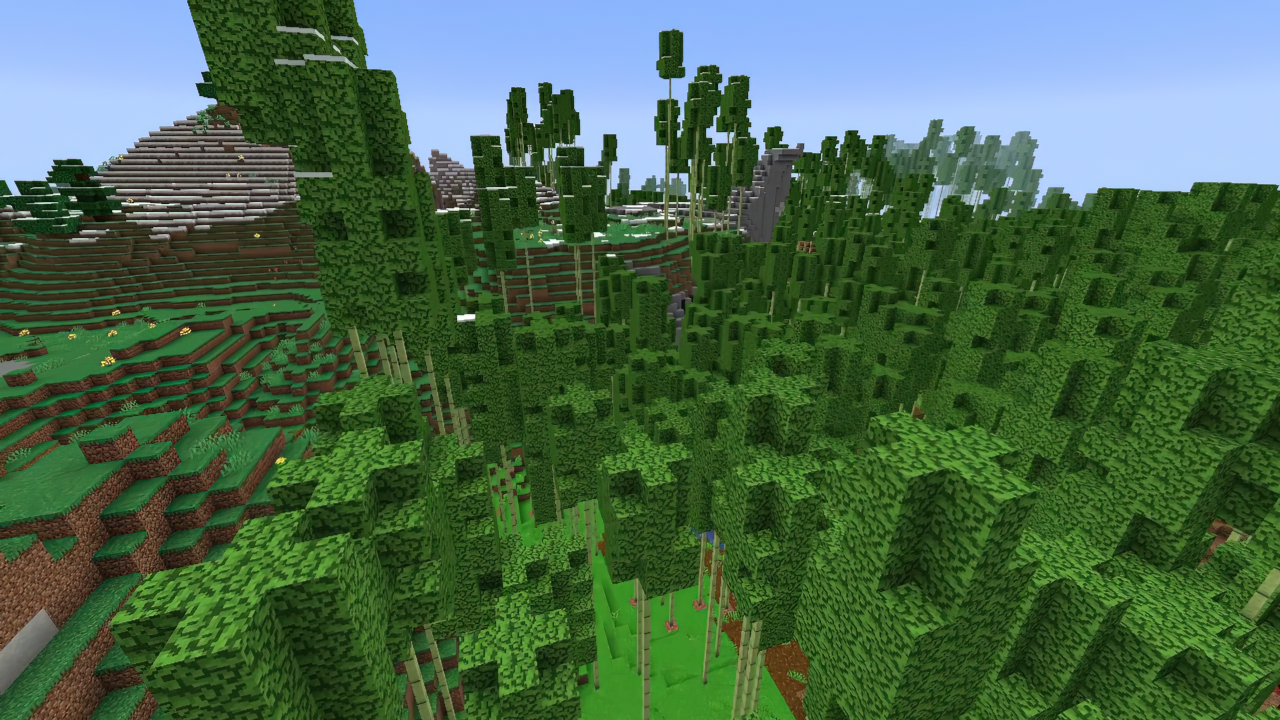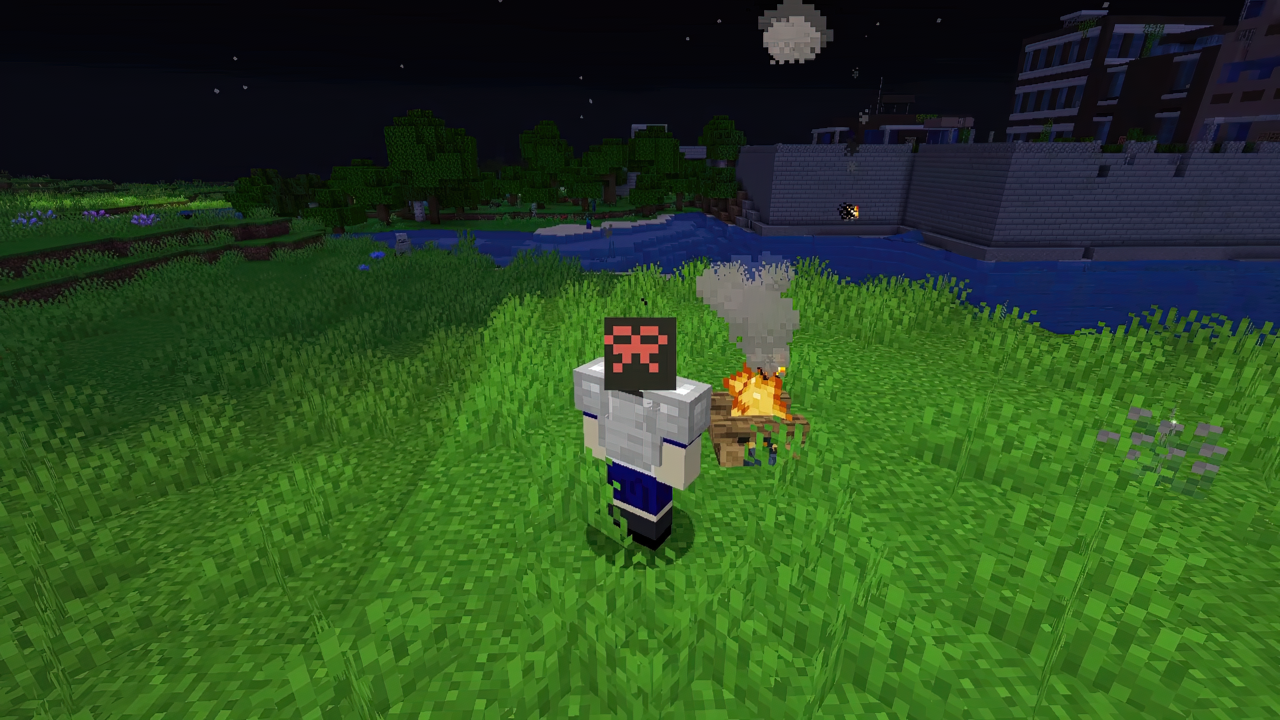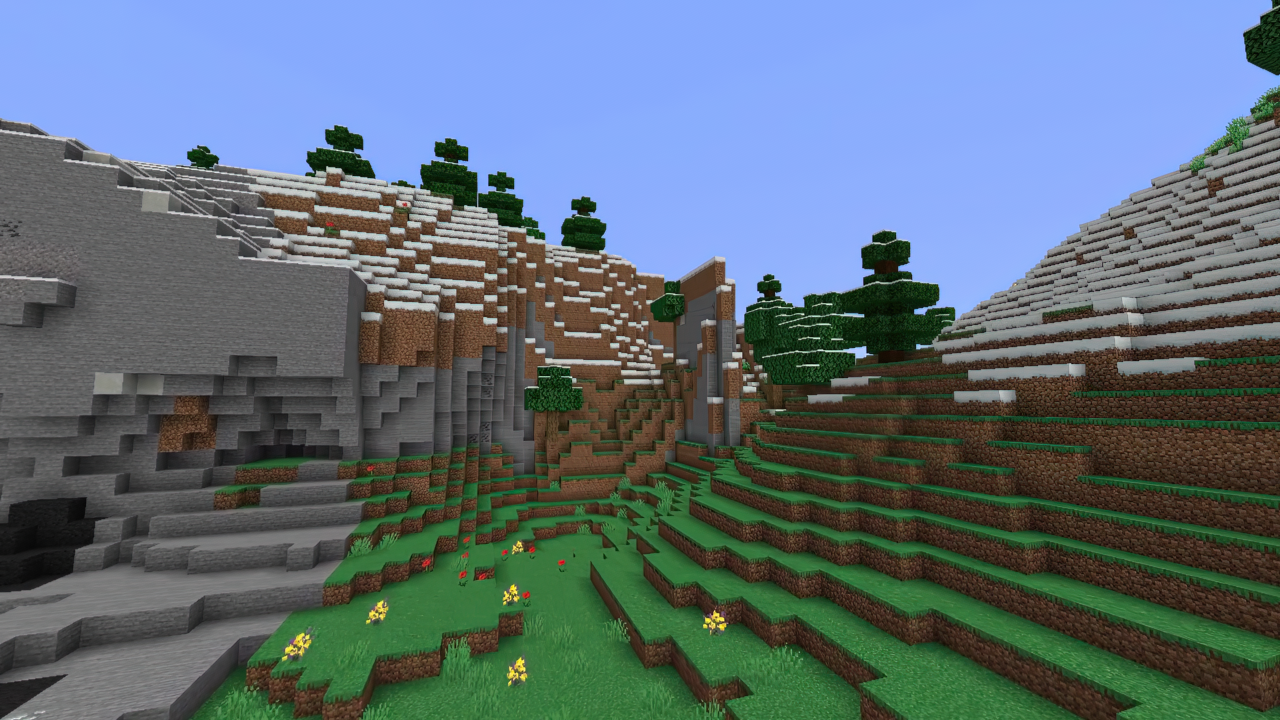What does it feel like being a photographer in Los Santos? A new group exhibition aptly titled The Photographer’s Guide to Los Santos which will be featured at the Lenzburg Fotofestival in Lenzburg, Switzerland, from May 25 to June 23, 2024, tries to answer that very question. Turns out there are many answers.
The Photographer’s Guide to Los Santos
May 25 - June 23 2024
Curated by Marco De Mutiis and Matteo Bittanti
Thu-Fri: 2-5 PM
Sat-Sun: 10 AM–5 PM
Dammweg 19
5600 Lenzburg
Switzerland
The Photographer’s Guide to Los Santos interrogates the ontological boundaries between physical and virtual spaces through an examination of photographic practices within the ludic framework of Rockstar North’s record-breaking 2013 Grand Theft Auto V. Situating Los Santos as a simulacrum of Los Angeles —the epicenter of global image production — the exhibition explores the emergence of this fictional locale as a site of artistic experimentation and critical inquiry.
The exhibition is part of an ongoing investigation into expanded photographic practices using video games and game development tools, such as game engines. The Photographer’s Guide to Los Santos presents seminal works by artists working at the intersection of post-photography, video games and art, including 2girls1comp, Raphael Brunk, Alan Butler, Mattia Dagani Rio, Elizabeth Desintaputri, Claire Hentschker, COLL.EO, and Georgie Roxby Smith.
Through meticulous in-game capture techniques and cunning manipulations of code, this cadre of international artists rupture the veneer of mimetic realism that shrouds Los Santos, opening fissures wherein the underlying algorithms and tacit ideological assumptions underpinning these contested spaces are exposed. At once playful and critical, the featured projects — several of which have never been presented before — challenge the stability of categories such as the virtual, the real, and the hyperreal within an increasingly gamified culture.
The exhibition will be accompanied by an online resource and a database detailing significant post-photographic interventions within Grand Theft Auto V and, later on, a “how-to-photograph-the-virtual” critical guide.
Read more about The Photographer’s Guide to Los Santos


